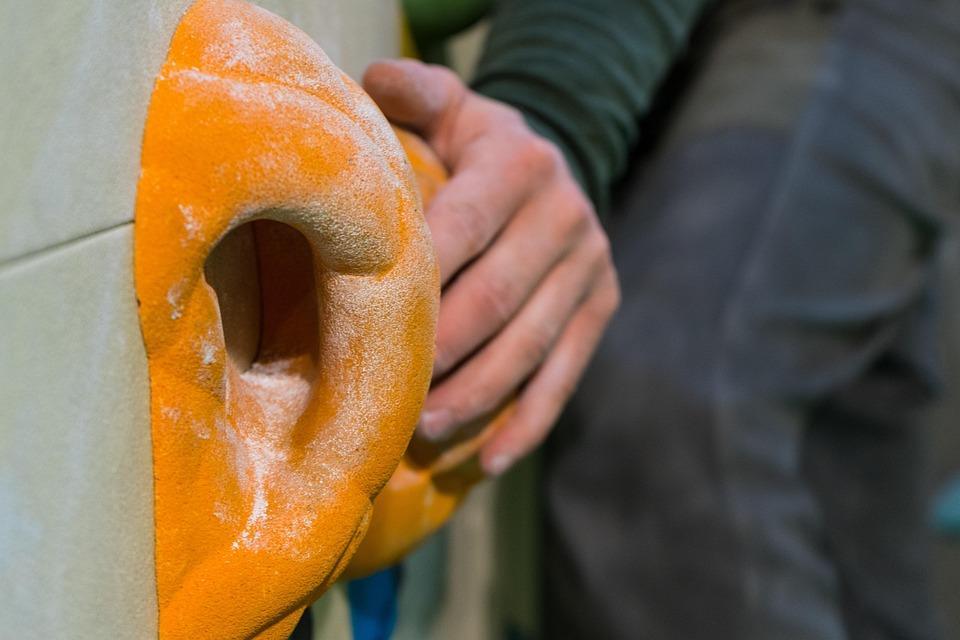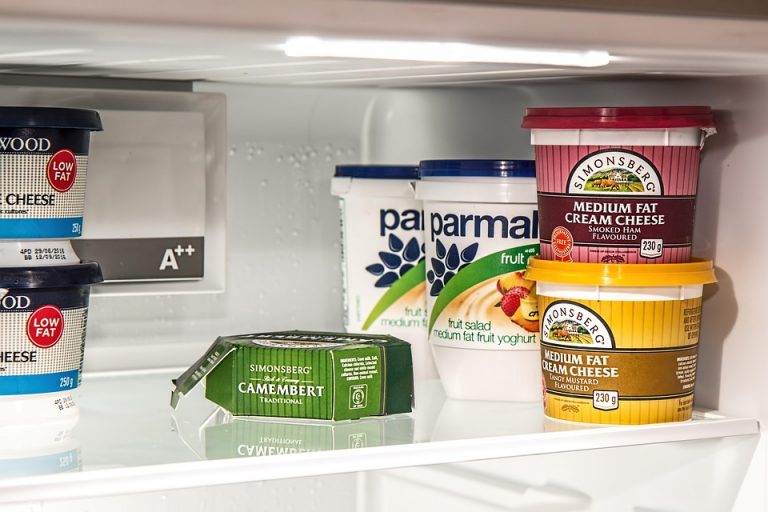Cryptocurrency 101 is your gateway to understanding digital dollars that are reshaping how we think about money. If you’re curious about this fascinating world, you’re not alone. Many are diving in, eager to explore the potential of these digital currencies.
In this guide, we’ll break down what cryptocurrency is, why it matters, and how you can get started. Understanding cryptocurrency isn’t just for tech enthusiasts; it’s for anyone who wants to take control of their financial future. Let’s embark on this journey together!
Contents
What Is Cryptocurrency?
Cryptocurrency is a digital or virtual currency that uses cryptography for security. Unlike traditional currencies issued by governments, cryptocurrencies operate on decentralized networks based on blockchain technology. Each transaction is recorded on a public ledger, making it transparent and secure.
Why Should You Care About Cryptocurrency?
You might be wondering, “Why does cryptocurrency matter to me?” Here’s the scoop:
- Empowerment: It gives you control over your finances. You can send and receive money without the need for banks.
- Investment Potential: Many people see cryptocurrencies as an investment opportunity, with the potential for significant returns.
- Innovation: The underlying technology, blockchain, offers exciting possibilities beyond just currency, including smart contracts and decentralized applications.
How Cryptocurrency Works
To truly grasp cryptocurrency, let’s unravel how it functions:
Blockchain Technology
At the heart of cryptocurrency lies blockchain technology. Think of it as a digital ledger. Each block contains transaction data, and once it’s filled, it’s linked to the previous block, creating a chain. This ensures that all transactions are secure and immutable.
Mining and Validation
Mining is the process of validating transactions and adding them to the blockchain. Miners use powerful computers to solve complex mathematical problems. When they succeed, they add a new block to the chain and, in return, receive newly minted coins. This process is energy-intensive but crucial for maintaining the network’s integrity.
Wallets: Your Digital Purse
To hold cryptocurrency, you need a digital wallet. Think of it as your online purse. Wallets can be:
- Hot Wallets: Connected to the internet, making them easy to access but vulnerable to hacks.
- Cold Wallets: Offline storage, such as hardware wallets, which offer enhanced security.
Popular Cryptocurrencies
Now that you understand how cryptocurrency works, let’s explore some of the most popular ones:
Bitcoin (BTC)
The pioneer of cryptocurrencies, Bitcoin is often referred to as digital gold. It was created in 2009 by an anonymous person or group known as Satoshi Nakamoto. Bitcoin’s limited supply (only 21 million will ever be mined) makes it a popular choice among investors.
Ethereum (ETH)
Ethereum is more than just a currency; it’s a platform for building decentralized applications (dApps). Its unique feature, smart contracts, automatically execute transactions when certain conditions are met. This opens up endless possibilities for innovation.
Ripple (XRP)
Ripple is designed for fast, low-cost international money transfers. It’s not just a cryptocurrency; it’s a payment protocol that allows banks and financial institutions to send money across borders efficiently.
Getting Started with Cryptocurrency
Ready to dive in? Here’s how to get started with cryptocurrency:
Step 1: Do Your Research
Knowledge is power. Start by reading up on different cryptocurrencies, their use cases, and the technology behind them. Websites like CoinMarketCap provide valuable data on market trends.
Step 2: Choose a Reliable Exchange
Select a reputable cryptocurrency exchange to buy your digital dollars. Some popular options include:
- Coinbase: User-friendly, great for beginners.
- Binance: Offers a wide variety of cryptocurrencies.
- Kraken: Known for its security features.
Step 3: Set Up Your Wallet
Once you’ve purchased your cryptocurrency, transfer it to a secure wallet. This will keep your assets safe and separate from the exchange, which can be vulnerable to hacks.
Step 4: Start Small
Investing in cryptocurrency can be volatile. Start with a small amount and gradually increase your investment as you become more comfortable.
Risks and Challenges
While cryptocurrency has exciting potential, it’s essential to understand the risks:
- Volatility: Prices can fluctuate wildly, impacting your investment.
- Security Risks: While blockchain is secure, exchanges and wallets can be vulnerable to hacks.
- Regulatory Concerns: Governments are still figuring out how to regulate cryptocurrencies, which could impact their value.
The Future of Cryptocurrency
So, what does the future hold? While it’s hard to predict, several trends indicate that cryptocurrency is here to stay:
- Growing Adoption: More businesses are accepting cryptocurrency as payment.
- Institutional Investment: Major financial institutions are beginning to invest in cryptocurrencies.
- Technological Advancements: Innovations in blockchain technology will likely create new opportunities and applications.
- Stay Informed: Follow industry news through platforms like CoinDesk.
- Join Communities: Engage with fellow enthusiasts on forums or social media.
- Diversify Your Portfolio: Don’t put all your eggs in one basket. Explore different cryptocurrencies to spread your risk.
Bottom Line
Cryptocurrency 101 is your starting point in a thrilling financial revolution. Understanding digital dollars can empower you to take control of your financial future, whether you’re looking to invest, make transactions, or just learn something new.
Remember, the journey into cryptocurrency is a marathon, not a sprint. Equip yourself with knowledge, stay cautious, and enjoy the ride!
FAQs
1. Is cryptocurrency safe to invest in?
While there are risks involved, many people find value in investing in cryptocurrency. Always do your research and invest what you can afford to lose.
2. How do I keep my cryptocurrency safe?
Use secure wallets and enable two-factor authentication on exchanges. Regularly update your security practices.
3. Can I use cryptocurrency for everyday purchases?
Yes! Many businesses now accept cryptocurrency, and this trend is growing. Always check if your favorite stores accept it.
Embrace the future of finance. Dive into the world of cryptocurrency, and who knows? You might just discover your next big adventure!








